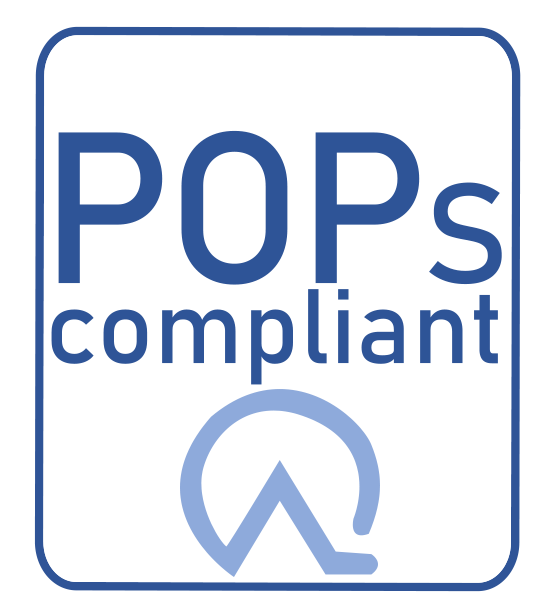Persistent Organic Pollutants (POPs)
Persistent Organic Pollutants (POPs) are chemicals that can have harmful effects on human health and the environment by propagating through food chains in adipose tissue. Due to the potential for global spread, these substances represent a threat to both industrialized but also emission-free regions, such as the Arctic. Examples of these POPs are pesticides (DDT), industrial chemicals (PCBs), diocins and furans.

Stockholm Convention:
Since the entry into force of the agreement to comply with the bans or restrictions on scheduled substances on May 17, 2004, the aim is to protect human health and the environment from adverse effects. The ban or restriction applies to the production and use, import or export of the listed chemical substances.
Find out more about other regulations:
